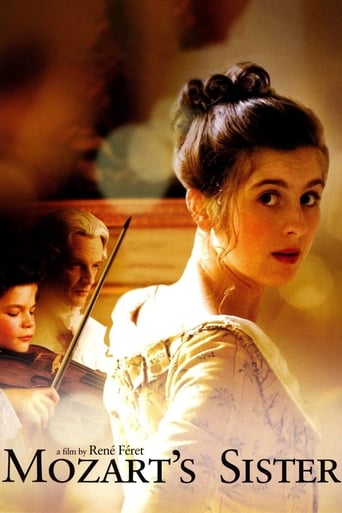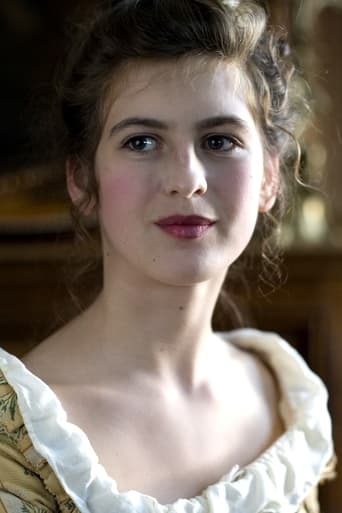A re-imagined account of the early life of Maria Anna 'Nannerl' Mozart, five years older than Wolfgang and a musical prodigy in her own right.


Similar titles

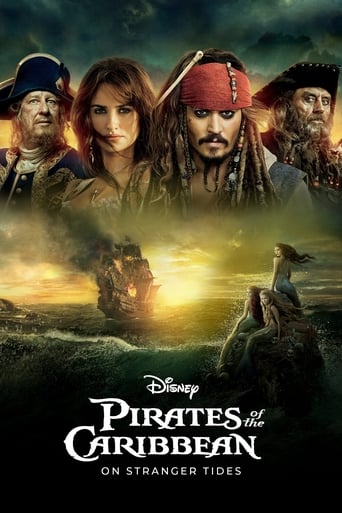
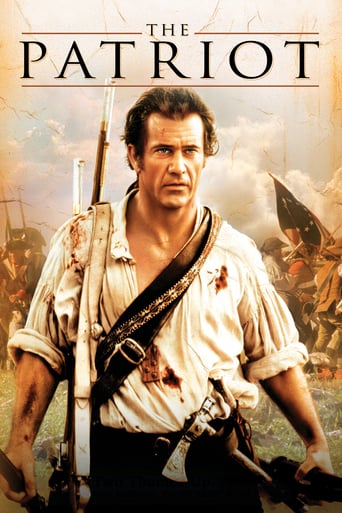
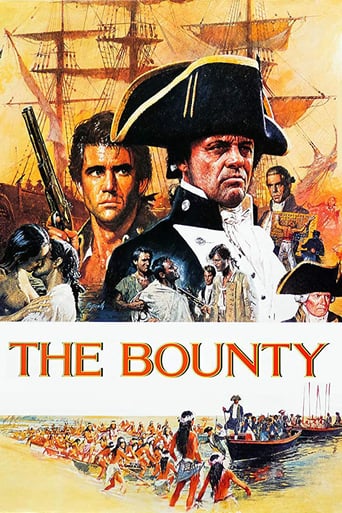
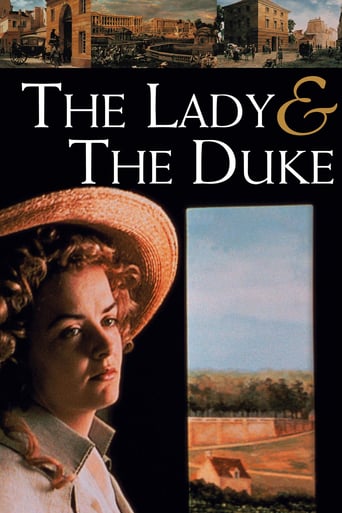
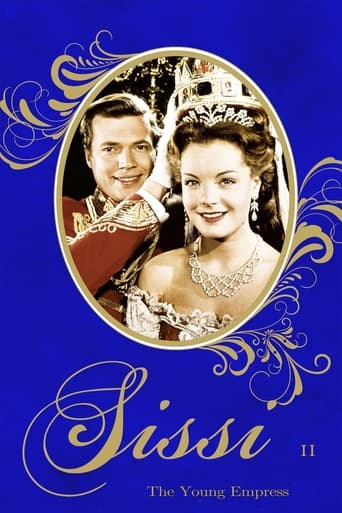


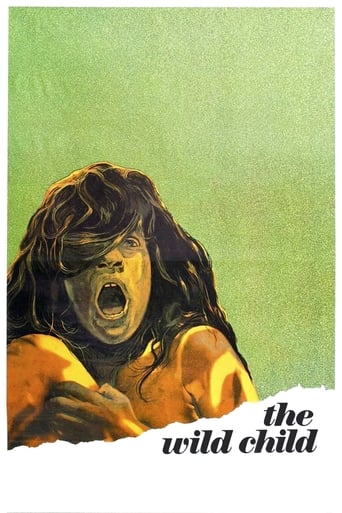
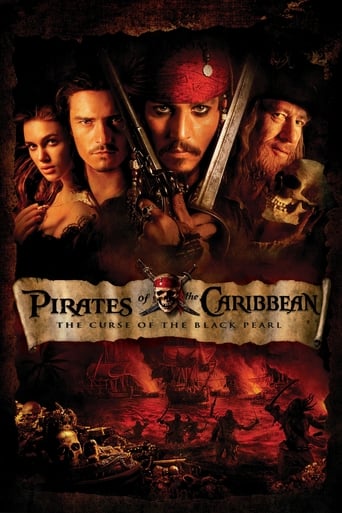
Reviews
inasmuch as THIS is what it's good for - amongst the perhaps most obvious one of entertaining - i.e. the ability to take us on a trip through history and meet people within the context of what we know, rounded out with a good writer's imagination and as a result, make us THINK about what really happened, and/or how it FELT to be the people portrayed, in those days; what other medium can do this as easily, really and truly? I adore film-making for this capacity but it's so often overlooked in the mad rush for box office profits, which puts movies firmly in the money-making Entertainment category, first and foremost, frequently regardless of content, characters, correct costuming So, I loved this movie and found it completely absorbing, though I'm well aware it won't appeal to 'the masses', basically because it's a quintessentially French ('foreign') film which lacks the overt Drama and character arcs of Hollywood and the colourful characters and quirky story lines of other U.S.A. movies. It's food for thought over food for entertainment (though I WAS entertained in the process, too - but then I possess an old-fashioned attention span of more than 5 minutes, and don't need a car-chase or anything to blow up in order to feel something!) ;) Especially telling were what are most likely the historical truisms; the fact that Nannerl was an older sister who almost certainly DID co-create (if not co-write, as she was refused tuition) her famously talented younger brother's early works, completely uncredited - and this of course is a perennial problem for female artistes everywhere, even today (if it's not their brothers, then for their boyfriends &/or significant others who absorb their contributions as natural extensions of themselves, rather than acknowledging them at very least, as addendums given to them as gifts by another person other than themselves), along with the problem of not receiving sufficient support from their fathers for their innate talent, on the basis of being a girl. I really appreciated the fact that the entire problem of gender was shown throughout this film in a genteel and non-bombastic way, by comparisons and conversations void of overtly angry emotions - which, and we so easily tend to forget this fact - were within the context of the society(ies) shown in this particular time & place, INDULGENCES which really & truly only the most powerful (e.g. the Dauphin), could afford to show, far less, vent; we forget, the era of all-out Self-Expression in the West really only arose post-war across all classes & societies. This was not Italy, after all, nor America or Britain in the '60s or '70s+, but chiefly the priories and courts of France, a couple of decades BEFORE the revolution; best behaviour between family members so close-knit as the Mozarts, who for so many years shared such close quarters as coach carriages and bedrooms in the houses of hosts, was likely the norm; feelings festered under the surface because it wasn't safe to fully express them, and then they were complicated - painfully - by deep feelings of love, appreciation, and humility fostered by the awareness of how much humiliation the average person had to put up with during the course of their lives, just to survive; the waiting on a prince for 3 whole weeks while he indulged in excesses they could never afford, wasting this talented family's time, which they would have had to 'swallow' without a whimper, was a very good example. We in our (relative) freedom forget how self-expression is a part of being free - which most people were not. No matter how talented - which evidently, Leopold, Nannerl & little Wolfgang ALL were, back then, talent was the ticket but not the money-maker, per se & women never owned any money anyway, no matter what work they did, nor even who they married. So they were the subjects of men, which feminist point is pointed out succinctly yet never with a big banging of any drums! The fact that Mrs. Mozart adored her talented, forceful and resourceful husband, was a bonus - and later in life, a model unconsciously copied by her famous surviving (remember, these were her only two children who lived, so death was an ever-present reminder to boot in the lives of these people and indeed most of the populace back then) son, but was not necessarily guaranteed in every marriage. The touching small scene of the ill-fated fifteen year old future Marie Antoinette already doting on pleasing her deeply troubled young widowed husband, speaks volumes to this - she was a woman of her time, determined to make the most of her lot in life, ergo, to become a good and dutiful wife something which Nannerl simply cannot strive to do till the advanced (back then) age of 32 - and when we watch this movie in it's entirety, even setting aside the imagined/fictitious aspects of her story - we know, why.
Stop me if you've heard this one before: Mozart, that legendary impresario, had an sibling who actually helped write a lot of his early work, and got precisely no credit for it... due to the sexist society at the time. She was also a brilliant violinist, but was forced to play the harpsichord by her father as the violin 'was no instrument for a lady.' Meanwhile, everyone mooned over her brother, the 'child prodigy', leaving her completely in the shade. In fact, a lot of what she could have achieved she didn't thanks to the patriarchal beliefs back in the 18th century, and by the sound of the epilogue she had a pretty miserable life after she gave up on all her hopes and dreams. Nice.How much of this has a basis in reality I don't know, but I suspect there's a fair bit of airbrushing of history here. What can't be denied though, is this is a well acted drama of family ties and unfulfilled potential, full of wonderful classical music and handsome costumes. This is strictly a placid affair... You're not going to see any fireworks going off, and some people may find it all a bit too stagy. But Nannerl is a captivating lead, and while her story might not be 100% accurate as depicted here, it's well worth investing the nearly two hours to discover it. And isn't that really what matters, at the end of the day? 6/10
The title explains all the things wrong with it I'll explain all of them in more specific detail First off this film ends in complete mid-air, this is not somebody asking for a "Happy Ending" like in so many of our movies today. The movie doesn't end happily like in American movies today nor does it have a sad ending and tie up all the loose ends (the one movie that immediately comes to mind is that German Nosferatu remake).Second off The fact that Mozart fanatics will enjoy might make people say "what the hell? Isn't that what Mozart movies target audience is?" well, no the true signs of a good adaptation or any other style movie documenting almost true events is if the people behind it can turn audiences who don't know that much about it into fans.Finally the Too long for it's own benefit, The movie has a refusal to be interesting in places and that made the movie seem much longer than it actually was and that made it seem too long for it's own benefit.The plot to sound basic is that on a tour arranged by Leopold Mozart to show off his son's talent to royalty, eventually Nannerl falls in love with The Dauphin Of France, only problem is he's getting married. After some irrelevant scenes finally the wife says she loves him and he pretty much tells Nannerl to leave and never come back.I have an Achronism I feel as if I should point out in this movie. Nannerl Mozart was born in 1751, Wolfgang in 1756. The movie is set in 1763 and throughout they say Nannerl is 15 Mozart is 10, in order to be correct this movie should be set in 1766.I think that Amadeus would be a better film to watch than this.
I saw this at the FilmFest DC in April 2011.The story was complex on so many levels: the wonderful family relationship of the Mozarts as they travelled around Europe. The strong feminine influences; the strictures of society that allow the older sister's intellect to waste away; the daughters of the king who were locked away in isolation.The costumes were authentic without being overly lush.The relationship between the young Wolfgang and his older sister was quite touching.The growth of the lead actress from barely a teen to a woman accepting her fate was written (all within a year or so) and acted very well.There was an interesting subplot with the king's daughter that showed the two girls/women accepting the same fate albeit at different levels of society.
